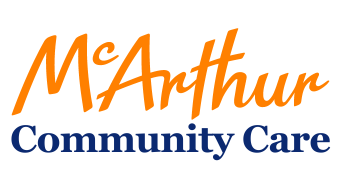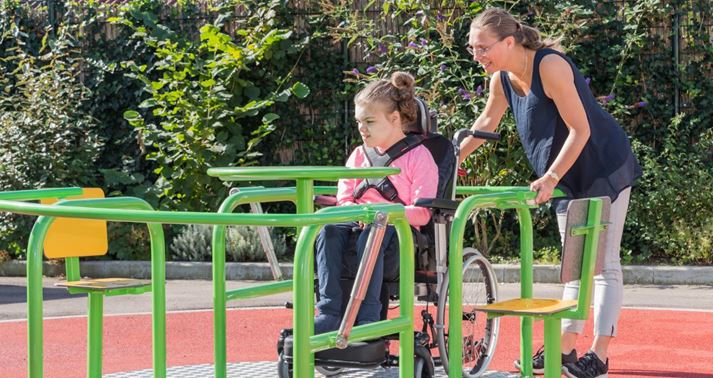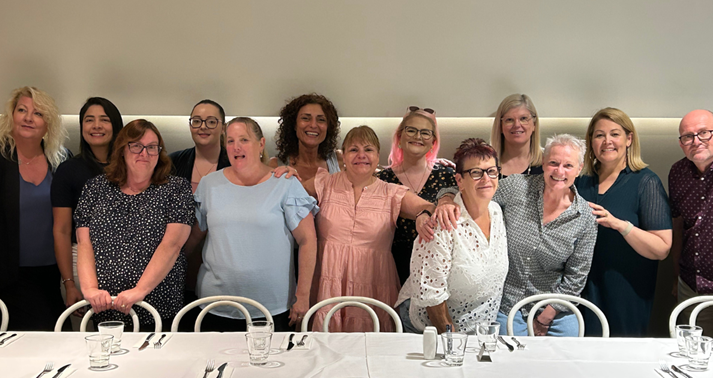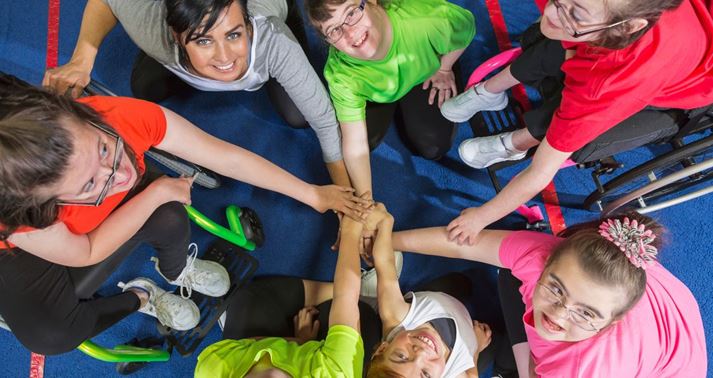Your NDIS Planning Meeting Made Easy: Practical Tips for Participants and Carers
14 March, 2022
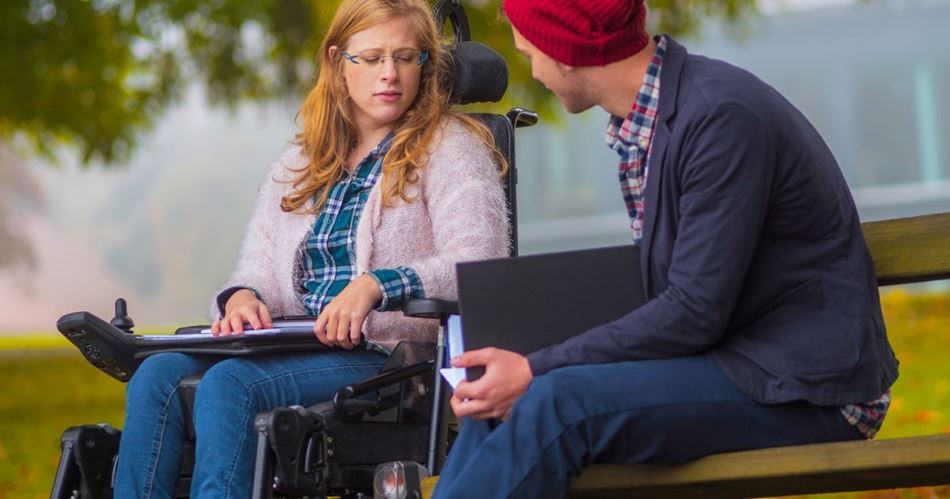
Beginning your journey with the National Disability Insurance Scheme (NDIS) is a significant and empowering step. For many participants and their loved ones, preparing for the initial planning meeting can feel complex - but with the right guidance and preparation, it can also be a positive and constructive experience.
The NDIS is designed to provide tailored support that enables people with disability to live more independently, participate in their communities, and pursue their goals. To ensure your NDIS plan reflects your individual needs and aspirations, it is essential to approach your planning meeting informed, prepared and supported.
This guide offers practical advice to help you feel confident and ready for your NDIS planning meeting.
Understand What the NDIS Planning Meeting Is About
Your planning meeting is your opportunity to talk about your current supports, your goals, and what assistance you need to live the life you want. It’s usually held with a Local Area Coordinator (LAC) or an NDIS Planner and can happen in person, over the phone or via video call.
The outcome of this meeting will be your NDIS plan - a personalised document that outlines your funded supports, goals, and services.
Think About Your Life Right Now
Before the meeting, take some time to reflect on your daily life. Ask yourself:
- What supports do I currently have in place?
- What’s working well? What isn’t?
- What activities or tasks do I need help with?
- How does my disability impact different areas of my life (at home, work, school, or in the community)?
If you’re supporting a participant (such as a child, partner or parent), you can help by making notes about their current routines and challenges.
Download the NDIS Planning Booklet 2 – Creating Your Plan from the NDIS website. It’s a great tool to guide your thinking and capture this information in one place.
Be Clear About Your Goals
Your goals are at the heart of your NDIS plan. They help determine what kinds of supports will be included. These don’t have to be big or complicated - they can be as simple as “build social connections,” “learn to cook independently,” or “return to part-time work.”
Try to include both short-term and long-term goals. Think about what’s important to you in the next 12 months, and over the next few years.
You don’t need to know exactly how you’ll reach your goals - the NDIS will help fund supports to get you there.
Gather Evidence and Reports
To make sure you receive the right funding and support, it’s important to provide evidence of your disability and how it impacts your daily life.
Useful documents include:
- Recent reports from allied health professionals (like occupational therapists, physiotherapists, or psychologists)
- Letters or assessments from your GP or medical specialist
- School or workplace support documents (if applicable)
- Reports from current service providers
The more detail these reports include about how your disability affects your functional capacity, the better.
If you don’t have updated reports, you can request functional assessments before the planning meeting. Your current support coordinator, LAC, or GP can assist.
Decide Who You Want Involved
Preparing for your NDIS planning meeting doesn’t have to be done alone. In fact, having trusted people by your side such as a family member, carer, or close friend can make a significant difference. The people who support you daily often have valuable insights to contribute and can help communicate your needs clearly and confidently.
Loved ones can provide emotional support, help you remember key points during the meeting, and ensure your voice is heard, especially if the process feels overwhelming. Their perspective can also help paint a fuller picture of your everyday life and the support you need.
In addition to informal supports, many participants benefit from working with a Support Coordinator, a professional who understands the NDIS and can help you prepare thoroughly, explore your options, and ensure your plan reflects your goals and circumstances. If approved in your plan, support coordination can also continue after your planning meeting, helping you connect with providers, build capacity, and manage your funding effectively.
If you're unsure whether support coordination is right for you, speak to a trusted service provider like McArthur Community Care. Our experienced Support Coordinators work closely with participants and their families to take the stress out of the planning process and make sure you feel confident, informed, and in control.
For extra advocacy support, you can also connect with services such as Disability Advocacy Network Australia (DANA) or your local advocacy organisation.
Prepare Questions and Clarify What You Need
Write down any questions you have about how the NDIS works, how funding decisions are made, or what supports you’re entitled to. This is your chance to clarify things you’re unsure about.
You can also ask for:
- A support coordinator if you need help managing your plan
- Assistive technology or home modifications
- Transport funding if it’s a barrier to participation
Don’t feel pressured to remember everything on the day, take notes or ask for a copy of what was discussed.
Be Honest and Realistic
This meeting is about you, your challenges, goals and needs. Be honest about what you find difficult, even if it feels uncomfortable. Your planner needs to understand the full picture to provide the right level of support.
It’s okay to speak up if you don’t understand something, or if you feel your needs aren’t being recognised. You have a right to be heard and respected.
How McArthur Community Care Can Support You
Your NDIS planning meeting is a key step in shaping the future you want, one that reflects your goals, your needs, and the right supports to help you live your life, your way.
At McArthur Community Care, we understand the NDIS inside and out. Our experienced team is here to walk alongside you, offering personalised guidance and support every step of the way. Whether you need help preparing for your planning meeting, understanding your plan, or navigating your NDIS funding, we’re here to ensure you feel informed, empowered and supported.
You don’t have to do this alone - we’re here to help you make the most of your NDIS journey.
Get in touch with McArthur Community Care today to speak with our friendly team and find out how we can support you.
Share this Article
Related Articles
McArthur Community Care Awarded ACIS Certification and Recommended for Best Practice.
The McArthur Community Care team could not be prouder of our recent ACIS Certification and recommendation for Best Practice.
Changing NDIS Providers: How to Navigate Service Closures with Confidence
If your NDIS provider is closing services, your support does not have to stop. Discover your rights, how to switch providers with confidence, and how McArthur Community Care can ensure a smooth transition with reliable, long term support.
Learn MoreMcArthur Community Care SA Recognised for Best Practice
McArthur Community Care SA has achieved a Best Practice Rating following a recent NDIS surveillance audit, an honour awarded to only a select few providers nationwide. This milestone reflects our commitment to quality, governance, and person-centred disability support.
Learn MoreCreating a Compassionate Future for Disability Support
Empowering individuals with disability starts with equipping support workers with the right skills. McArthur Community Care advocates for quality training, respect, and inclusion to create a compassionate future for disability support.
Learn More